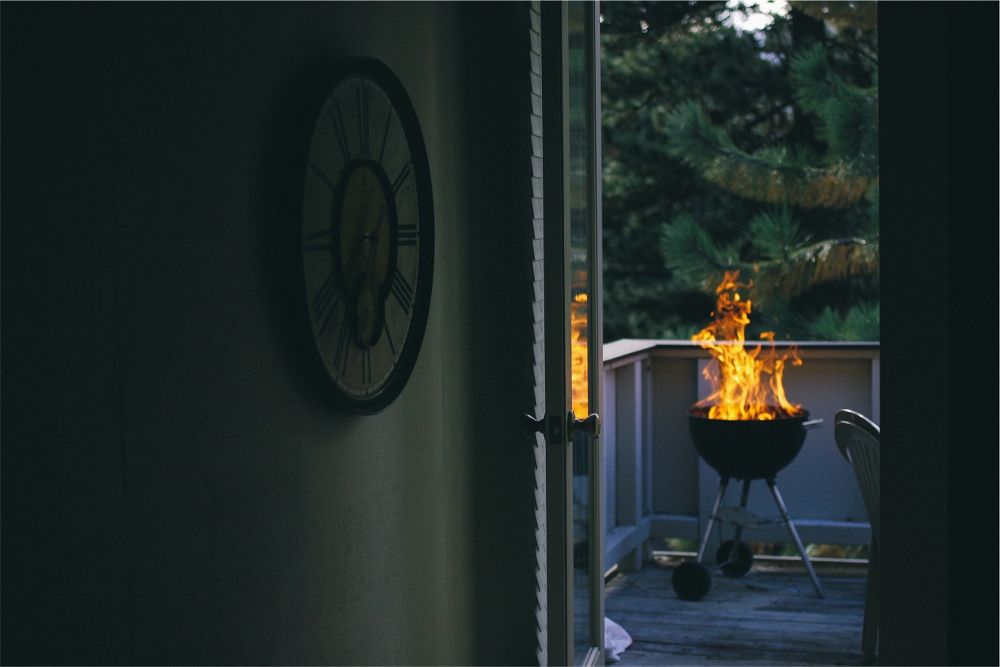 You may wonder “why should I pay for insurance when my kids are at away college?” It may be tempting to skip purchasing insurance as a cost-saving measure. However the coverage that a good policy provides can be invaluable, so before your children leave for college in the fall, make sure that they’re properly insured in case of an emergency. Below are three types of insurance you should strongly consider for your college-bound children.
You may wonder “why should I pay for insurance when my kids are at away college?” It may be tempting to skip purchasing insurance as a cost-saving measure. However the coverage that a good policy provides can be invaluable, so before your children leave for college in the fall, make sure that they’re properly insured in case of an emergency. Below are three types of insurance you should strongly consider for your college-bound children.
Health Insurance
If you have children under the age of 26, they can qualify for coverage under your health insurance plan while they attend college. However, if you are currently without health insurance or have only modest coverage, you may wish to purchase a different plan for your children.
Keep in mind that some colleges will require your children to have health insurance before enrolling in classes. While most colleges do offer individual policies if your children don’t have health insurance coverage, these plans often skimp on benefits to keep premiums low. For this reason, if you’re considering purchasing individual health insurance, you may want to check with an independent insurance agent before buying a policy. Your agent may be able to find a plan with more coverage for a similar monthly rate.
Car Insurance
If your children were already driving their own car before going to college, they probably won’t need a new policy. However, it’s important to notify your insurance agent of your children’s address change. If you don’t let the agent know, any insurance claim could be denied. You should also notify your agent if your children are borrowing one of your cars for the semester. They can probably stay on the family auto insurance policy, but your agent will still need to know that they will be living outside your home.
Even if your children won’t have their own cars on campus, it’s still a good idea for them to have some car insurance coverage. Find out if your existing policy will cover them if they rent a car or borrow a friend’s vehicle. If your current policy won’t extend coverage to them, you may want to purchase a non-owner car insurance policy to make sure they’re covered.
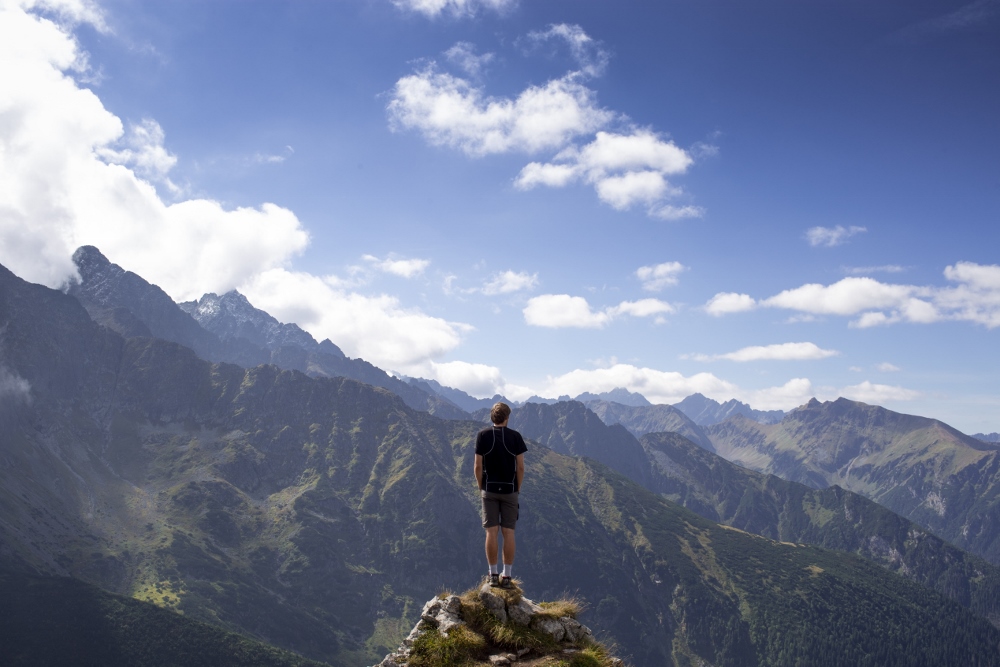 Travel Insurance
Travel Insurance
Studying abroad can be a great way for your children to learn about different cultures while expanding their educational horizons. However, once they leave the country, it becomes even more important for them to be covered in case of an emergency. Before they leave, check their health insurance policy to make sure they’re covered in case of an accident while traveling. Many policies don’t offer coverage to your children if they’re outside of the United States. In these cases, travel insurance that offers medical coverage is essential.
When comparing travel insurance policies, be sure to look for medical emergency evacuation coverage. Emergency transportation to a local medical center can cost you thousands of dollars, but this service can be lifesaving. You should also look for policies that offer emergency evacuation in case there is civil unrest, a natural disaster, or other unforeseen events in the country your children are visiting.
Other Considerations
Where will your student be living? On campus in a dorm or fraternity/sorority house? Or have they moved off campus to an apartment or rental house? The different variables involved in your child’s living situation, especially for older students, can have an impact on your current policies covering your child. They can also dictate a need to modify your policy or purchase a new one. There could also be a consideration based upon how many roommates your child will be staying with.
The college years often represent your children’s transition into adulthood. To help smooth their path, make sure they’re ready for life’s emergencies. To discuss your children’s travel, health or car insurance needs with a professional, call our office today at (616) 897-1515 and one of our experienced agents will help you assess your child’s changing coverage needs.


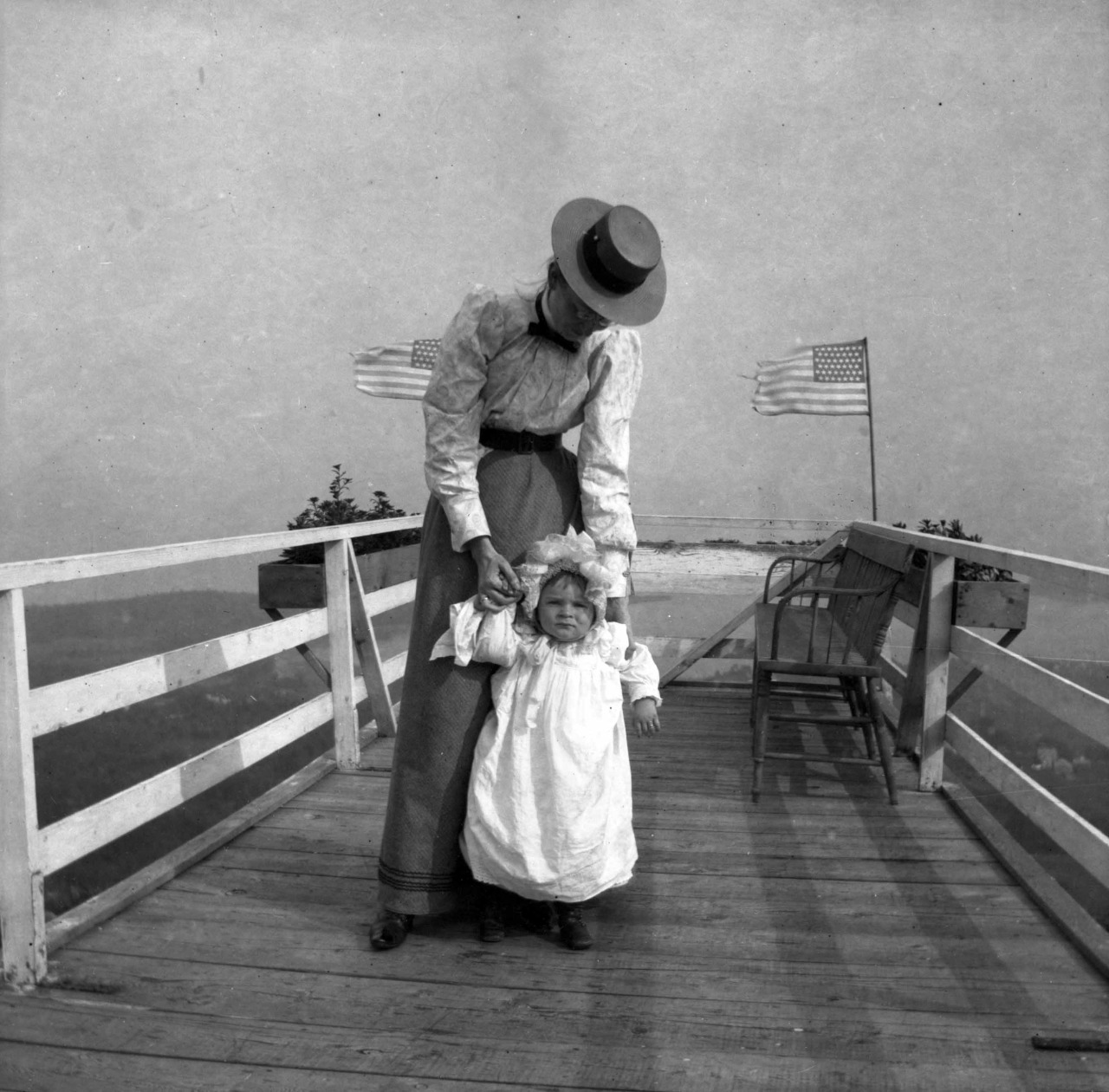
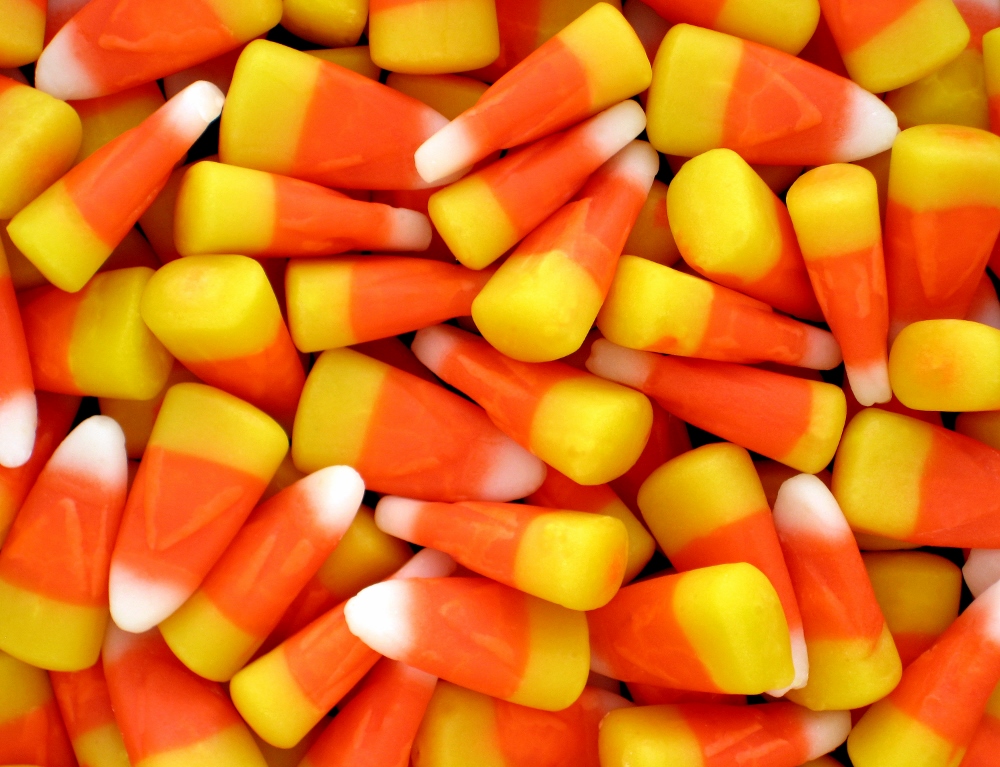 There’s no doubt your little ones are beginning to get excited about Halloween. You can’t blame them – it’s the yearly chance to go splurge on free candy. Plus who wouldn’t be counting down the days to dressing up as a superhero, princess, or firefighter?
There’s no doubt your little ones are beginning to get excited about Halloween. You can’t blame them – it’s the yearly chance to go splurge on free candy. Plus who wouldn’t be counting down the days to dressing up as a superhero, princess, or firefighter?
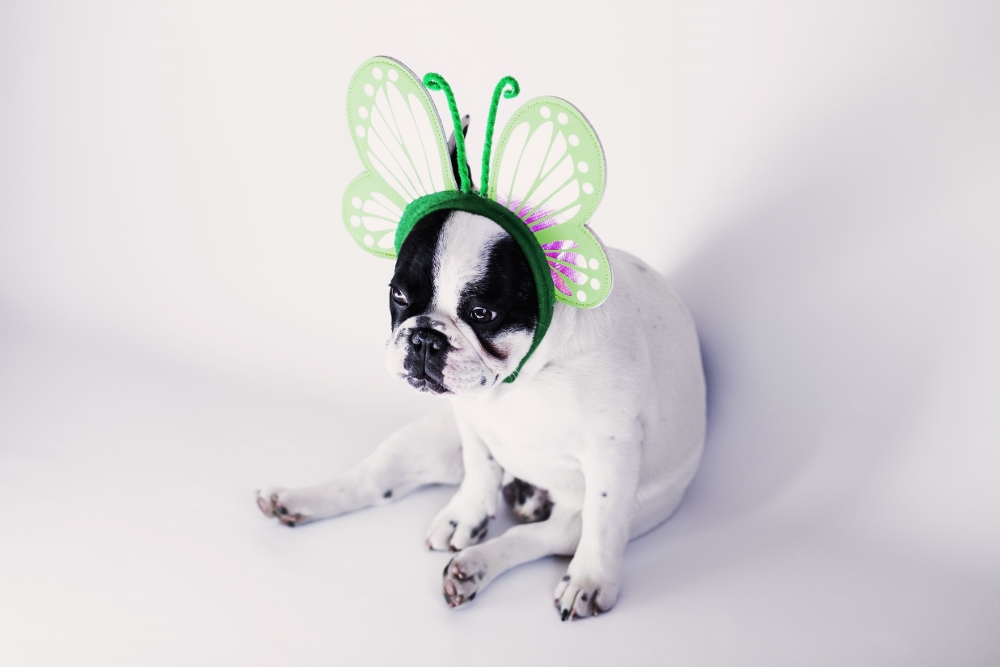
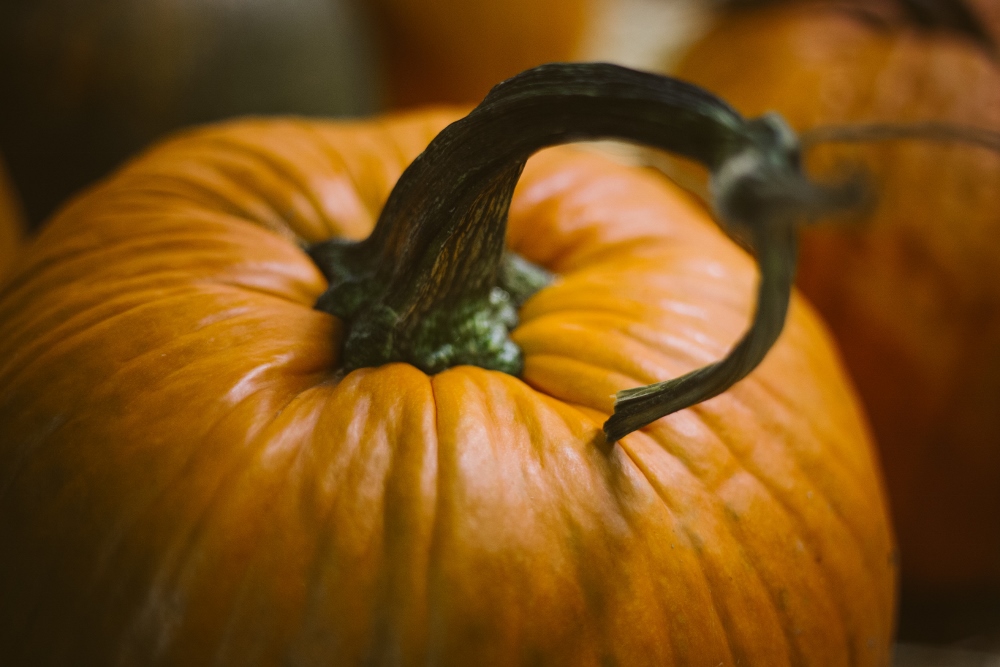
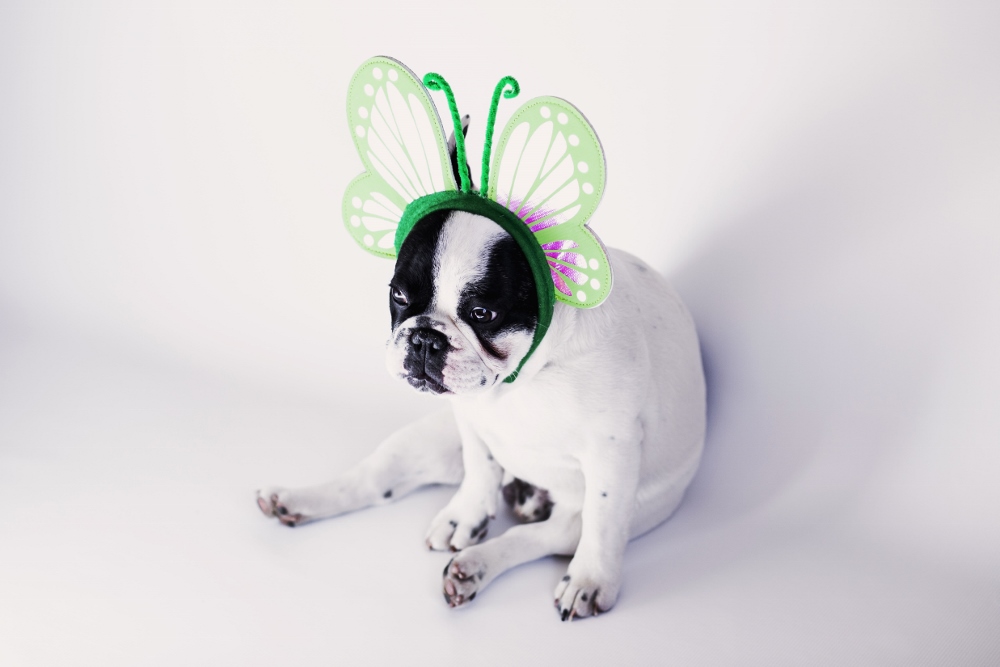
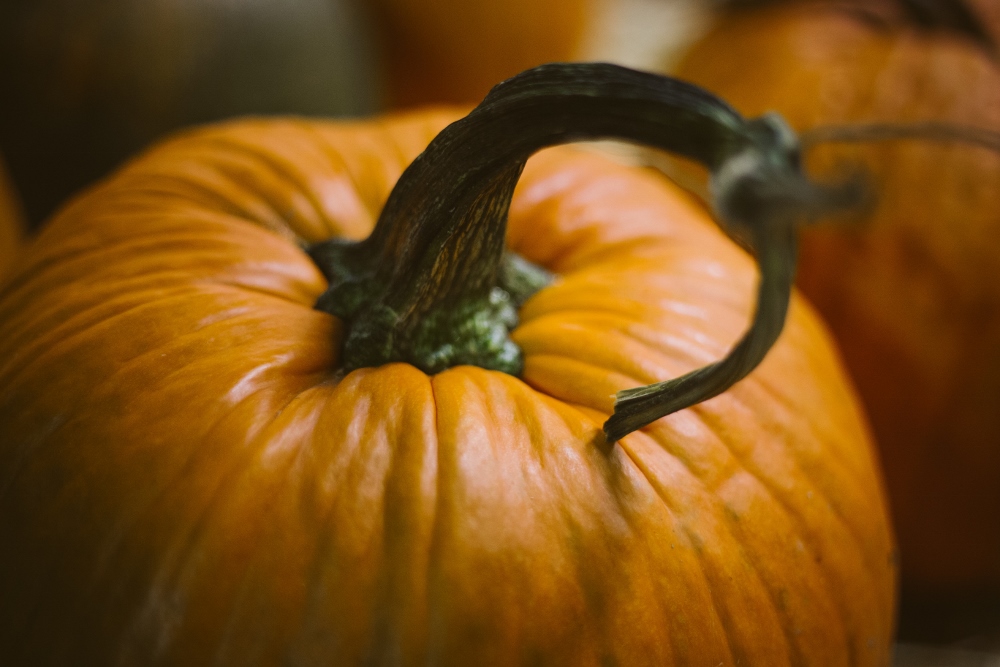
 An Extra Hour of Sleep… An Extra Hour to Organize
An Extra Hour of Sleep… An Extra Hour to Organize 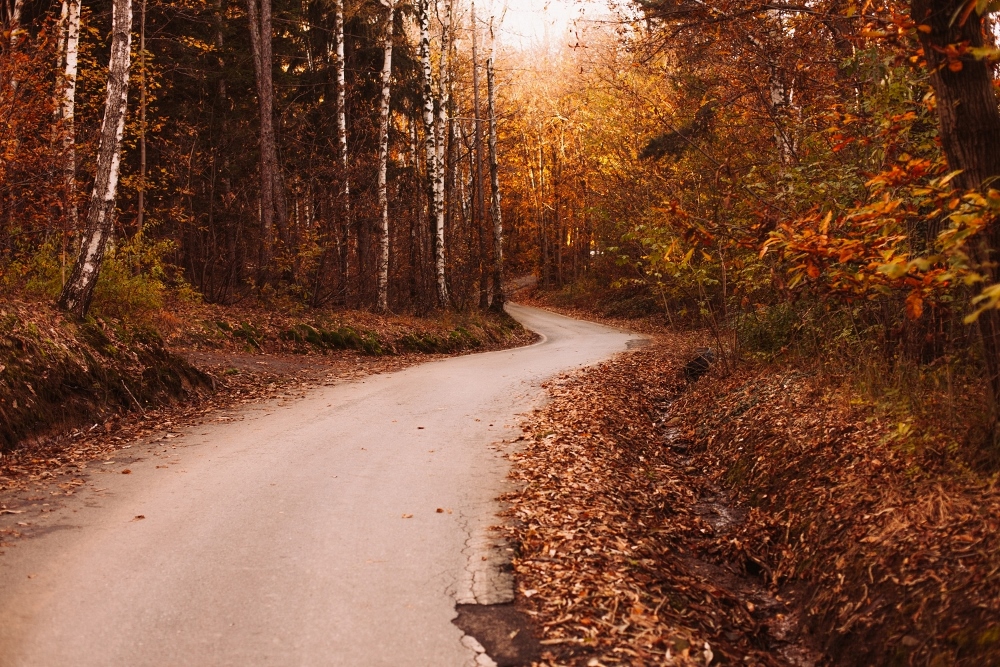 Fall is one of the most beautiful times of year in Michigan. Leaves are changing to magnificent colors, complex and savory vegetables are in season, and the crisp air revitalizes your senses. During such an invigorating time of the year, it can be easy to forget the road hazards that come with the season. As the summer shifts to autumn, be sure to remember these safety tips to help reduce your driving risks and enjoy a safe fall.
Fall is one of the most beautiful times of year in Michigan. Leaves are changing to magnificent colors, complex and savory vegetables are in season, and the crisp air revitalizes your senses. During such an invigorating time of the year, it can be easy to forget the road hazards that come with the season. As the summer shifts to autumn, be sure to remember these safety tips to help reduce your driving risks and enjoy a safe fall.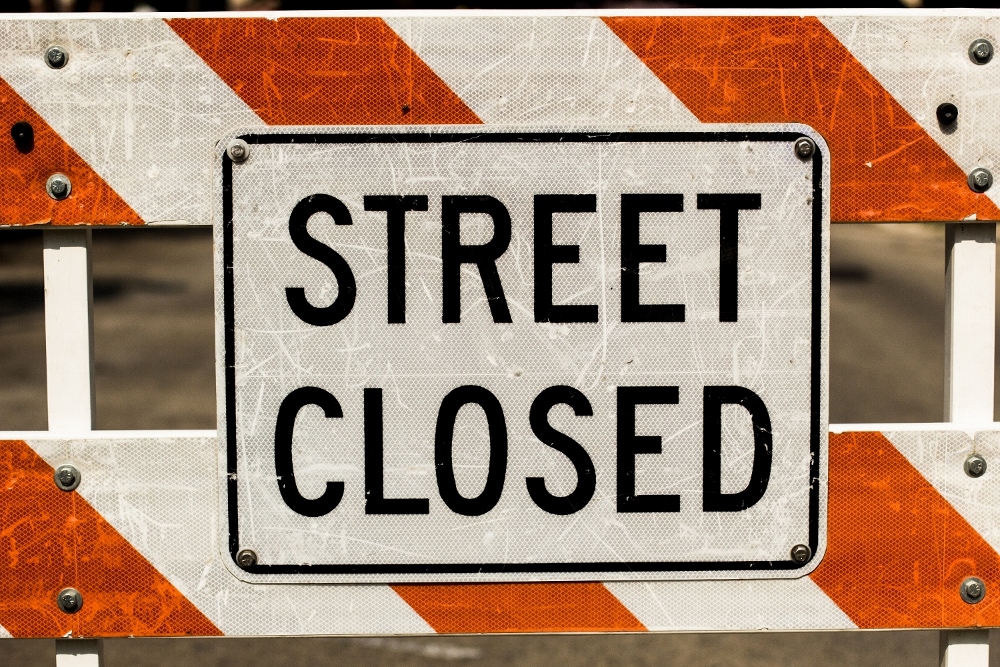 Here in Michigan, we know fall by another name – “Construction Season.” Be sure to slow down and watch out for workers near the road. Consider checking out
Here in Michigan, we know fall by another name – “Construction Season.” Be sure to slow down and watch out for workers near the road. Consider checking out  Smoking is a nasty, hazardous habit. Doctors know it. Advertisers know it. Even you know it. You’ve probably been told time and time again about the many studies that have been conducted which concluded that the chemicals in cigarettes can cause or contribute to severe illnesses such as lung disease, stroke, various forms of cancer, and more. This is all old news already. But here’s some news that may actually be new to you. Smoking can send the cost of your life insurance premium skyrocketing.
Smoking is a nasty, hazardous habit. Doctors know it. Advertisers know it. Even you know it. You’ve probably been told time and time again about the many studies that have been conducted which concluded that the chemicals in cigarettes can cause or contribute to severe illnesses such as lung disease, stroke, various forms of cancer, and more. This is all old news already. But here’s some news that may actually be new to you. Smoking can send the cost of your life insurance premium skyrocketing.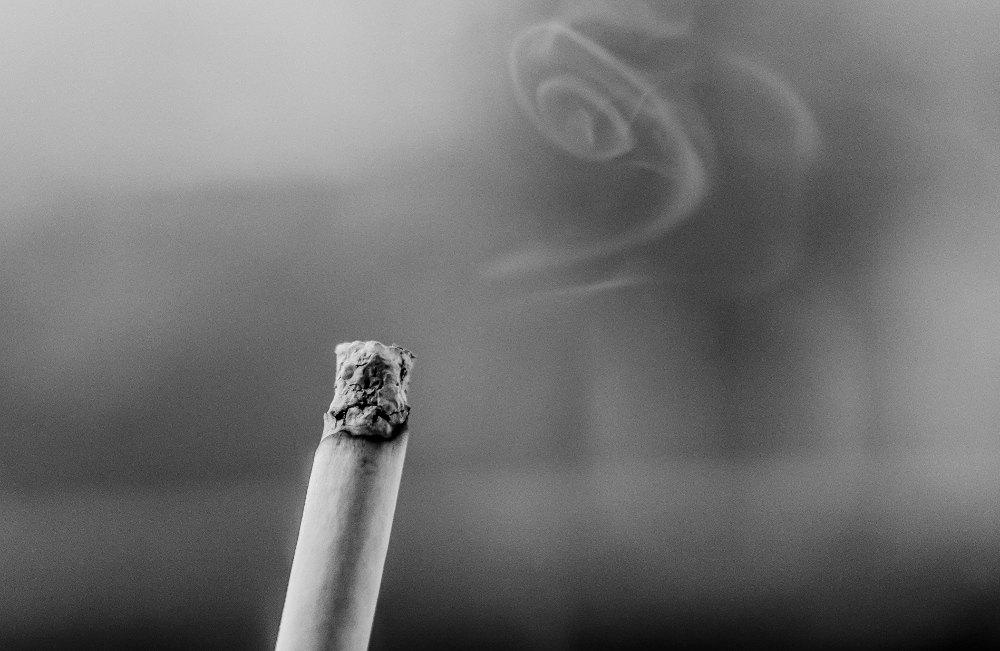
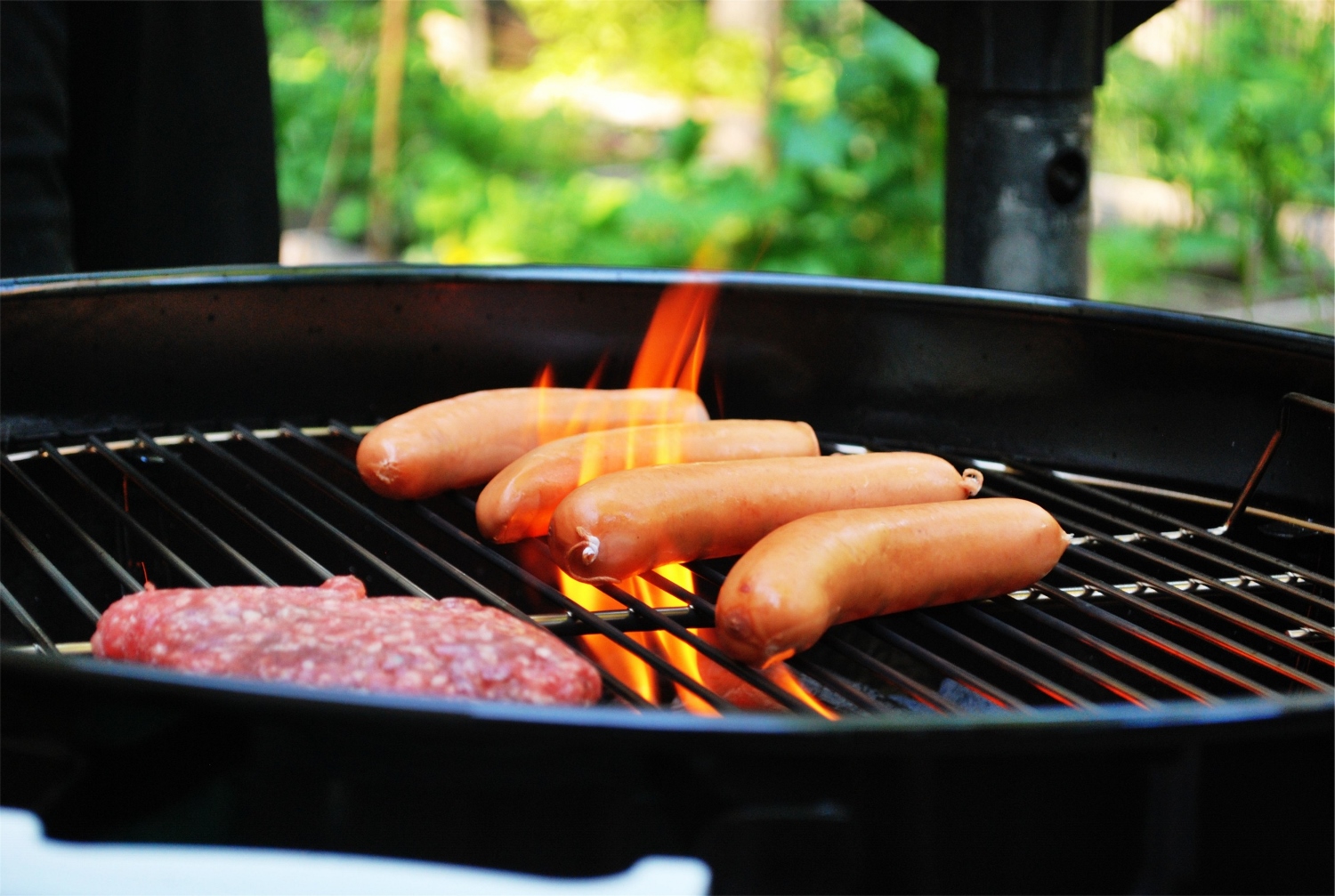 Whether it’s for the holiday weekend or just another gorgeous day in Michigan, nothing says summer like the smell of grilling wafting through the neighborhood. It’s one of our favorite parts of summer and a great way to gather the family together to savor the long, hot days. Unfortunately, when folks gather around the grill this summer, risk factors also increase.
Whether it’s for the holiday weekend or just another gorgeous day in Michigan, nothing says summer like the smell of grilling wafting through the neighborhood. It’s one of our favorite parts of summer and a great way to gather the family together to savor the long, hot days. Unfortunately, when folks gather around the grill this summer, risk factors also increase.